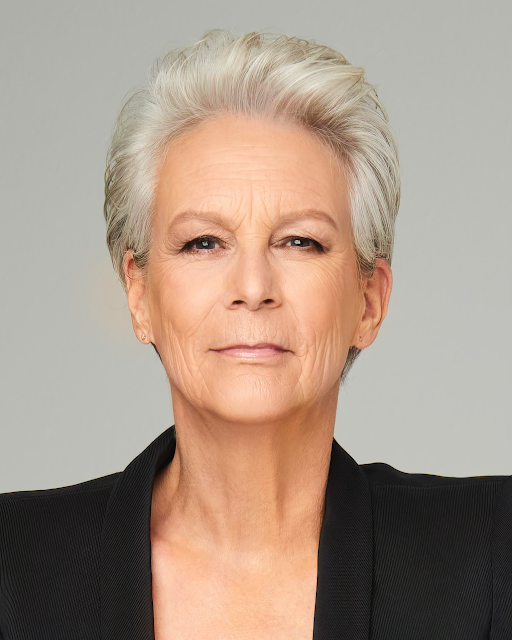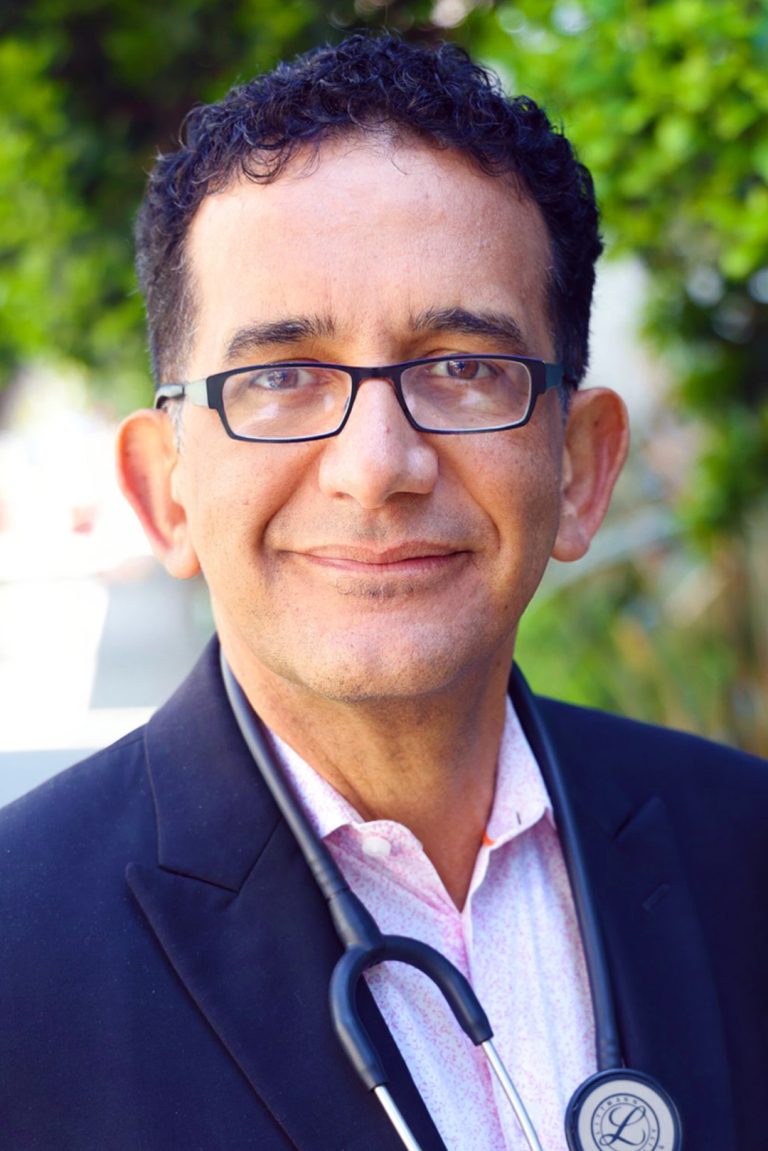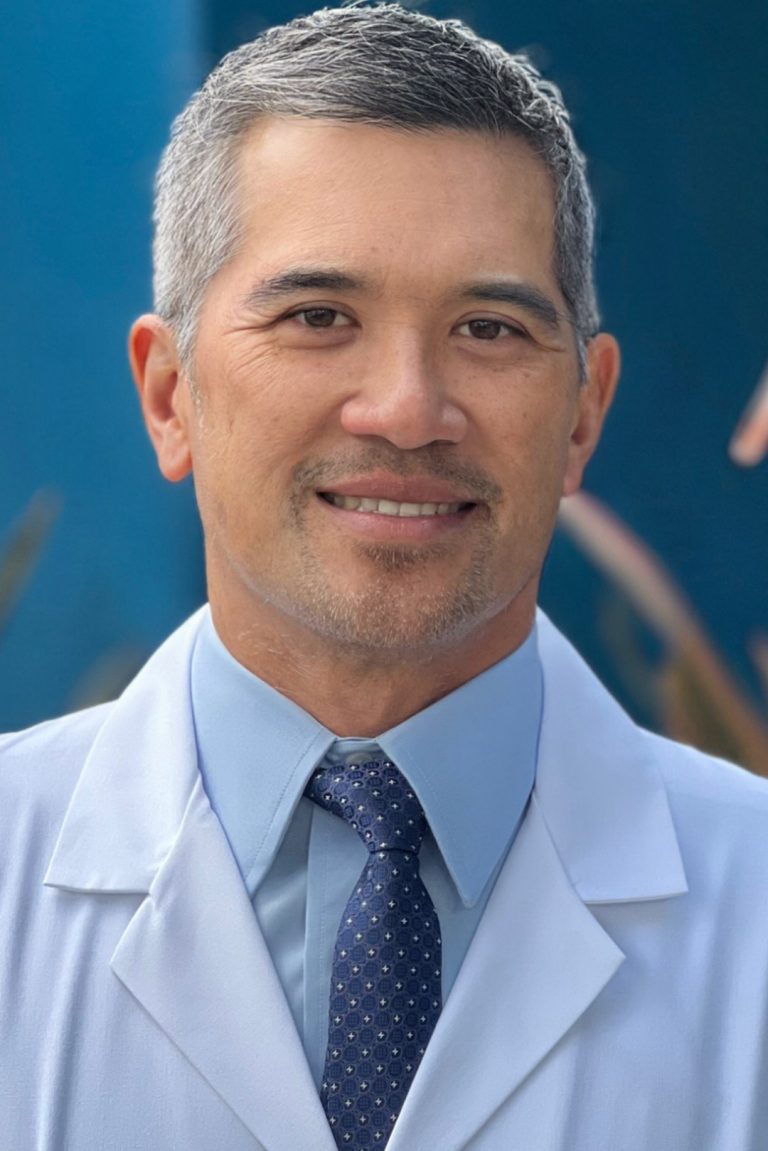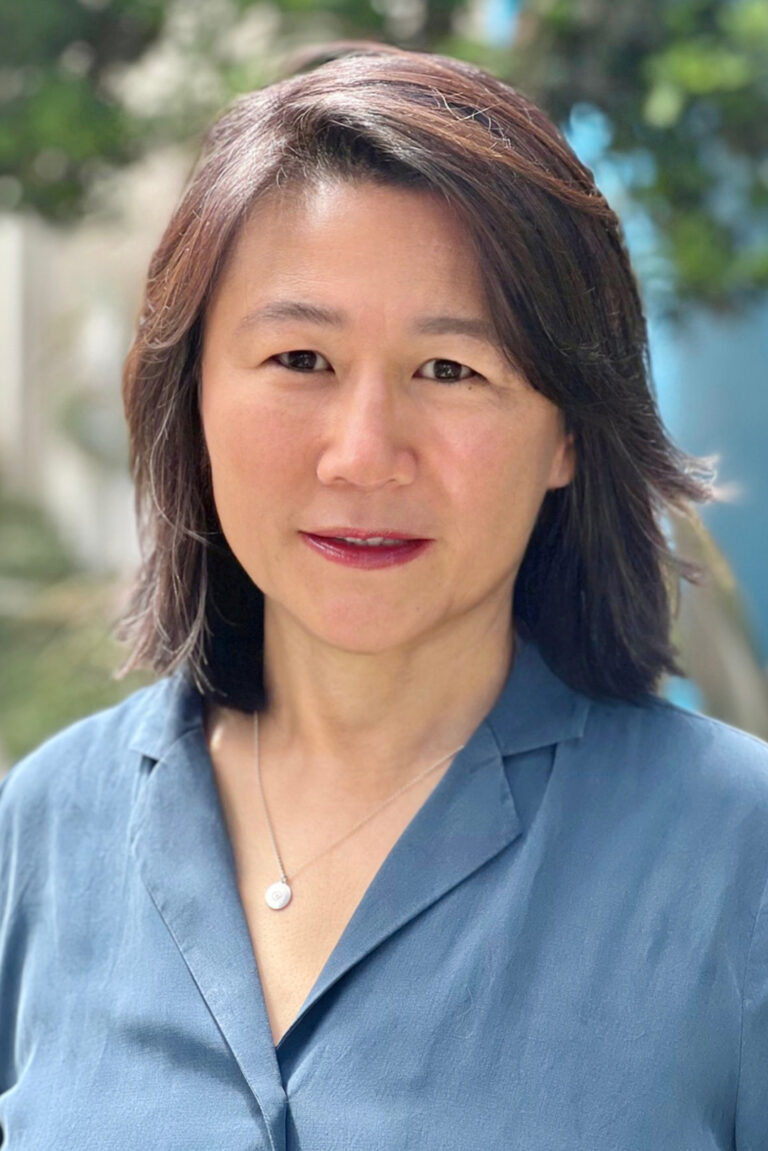Integrative Medicine
“A symptom is the language used by our bodies to let us know that it needs help. The question remains: are we listening?”
~ Edison de Mello, MD, PhD
Integrative medicine is a health-based system of medicine that incorporates all aspects of the individual – mind, body, and spirit – with strong focus on lifestyle modification and prevention of disease. It recognizes that health is more than just the absence of disease; it is a personal journey, in which optimal well-being is the goal.


Akasha’s approach to integrative medicine incorporates proven and effective treatments from many systems outside allopathic (traditional) medicine. These methods have sound scientific evidence and are safe, cost-effective, and long-lasting. When eastern modalities, such as Traditional Chinese Medicine (TCM), acupuncture, herbal medicine, and Ayurveda are integrated with western modalities, including allopathic medicine, naturopathic medicine, homeopathy, massage, psychology, nutrition, and exercise, they provide the patient with the best of two worlds: the ancient wisdom of the East with the technological advances of the West.
Additionally, integrative medicine recognizes that all people, regardless of their underlying medical issues, have the potential for a maximal state of well-being. Armed with this principle, it attempts to move the individual ever closer to that state of optimal health, increased vitally, healthy aging and happiness.
Some tenets of integrative medicine include:
- Recognition that good medicine requires a partnership between patients and health-care practitioners where both are involved in the decision making process and are vested in health care outcomes.
- All factors that influence health, wellness, and disease are taken into consideration. This not only includes the physical body, but also the psycho-social, spiritual, and environmental causes of disease.
- The harnessing of the body’s innate healing response aids in achieving optimal health.
- Safe and effective interventions that are natural and less invasive should be used whenever possible.
- Practitioners should have an objective perspective on both conventional medicine and alternative therapies with no bias towards either.
- A good practitioner holds true to good science and keeps both an open and a critical mind.
- Health promotion and the prevention of illness are principal components in an individual’s well-being.
- Practitioners of integrative medicine should “practice what they preach” by adhering to healthy lifestyle choices and maintaining good physical health.
- Nutrition and regular physical activity are the cornerstones of any health plan.
- All individuals have a desire for, and a right to, good health.















